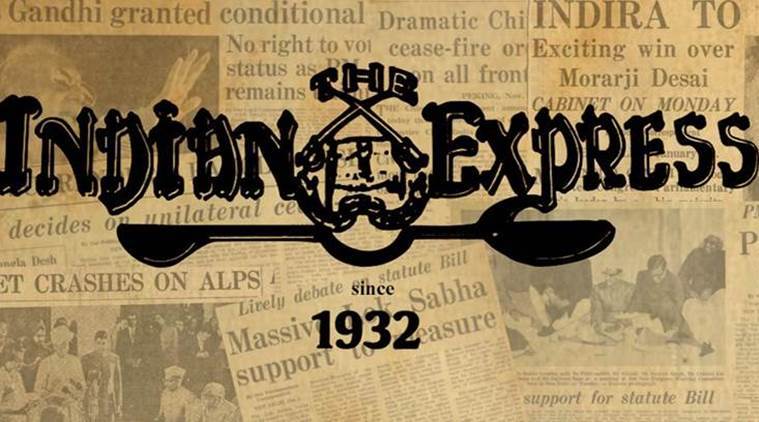 Nawaz Sharif’s disqualification last year and the double convictions now, right before a general election, have not left the feel of clean or transparent justice.
Nawaz Sharif’s disqualification last year and the double convictions now, right before a general election, have not left the feel of clean or transparent justice.
Questions will continue to haunt Pakistan over the conviction of former prime minister Nawaz Sharif and his daughter Maryam Nawaz. Though the Sharif family had much to answer for its unexplained wealth and properties abroad, the manner of Nawaz Sharif’s disqualification last year and the double convictions now, right before a general election, have not left the feel of clean or transparent justice. The accountability court did not find conclusive proof of the Sharifs’ ownership of the London apartments and based its ruling on the failure of the defence to establish innocence. Aside from the fatal missteps by Nawaz Sharif from the time since the Panama Papers expose in April 2016, the military overhang has been undeniable. At least from the time of the “Dawn Leaks” in September 2016, which revealed that the civilian leadership and the Pakistan Army had clashed at a meeting about the latter’s patronage of UN Security Council-designated terrorists, the military has made no secret of its desire to see Nawaz Sharif’s exit. His consistent advocacy of peace with India, and his decision to try Pervez Musharraf, who ended his second prime ministership with the 1999 coup, for treason were also red rags to the military.
Pakistan’s super-activist judiciary, which sees itself, much like the military, as an arbiter of national affairs set the stage for his conviction in the corruption trial in the accountability court the day it pronounced Nawaz Sharif’s disqualification, and later clarified that he would never again be able to stand for office. However, Nawaz Sharif is not the only corrupt politician in the country. Plus, the issue of corruption among civilian politicians gains traction as a national narrative in Pakistan only when they are in the saddle. The military, which has ruled the country directly every now and then, and indirectly all the time, has never been scrutinised in the same way, nor has it opened itself to such scrutiny. Both father and daughter have declared they will return home from London, where they are now with Nawaz Sharif’s critically ill wife, to face arrest. With elections on July 25, Nawaz Sharif may hope that coming back to Pakistan, he might give confidence to both his party and his voter base that neither he nor the Pakistan Muslim League (N) can be written away, or to create a sympathy wave.
But like the court verdict, there are aspects to this election that do not add up to free and fair. Even before the conviction, there were moves afoot to ensure that the PML(N) was not voted back to power. There have been visible efforts to mainstream religious extremists and even terrorists. While the tea leaves are still arranging themselves, it is safe to say that whoever is elected will function more in co-operation with the main power centre than in conflict with it.